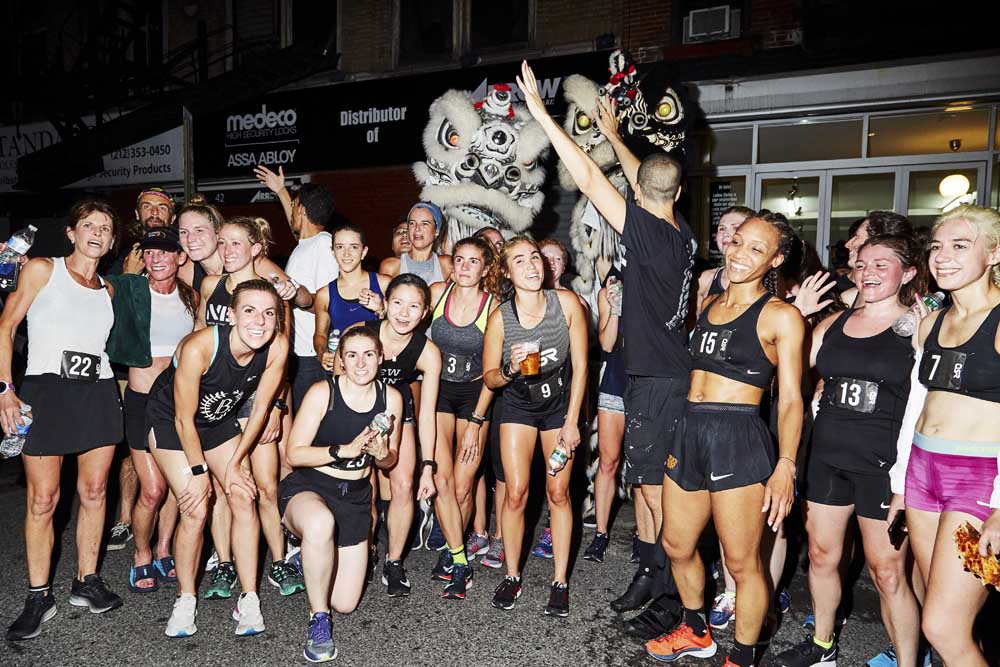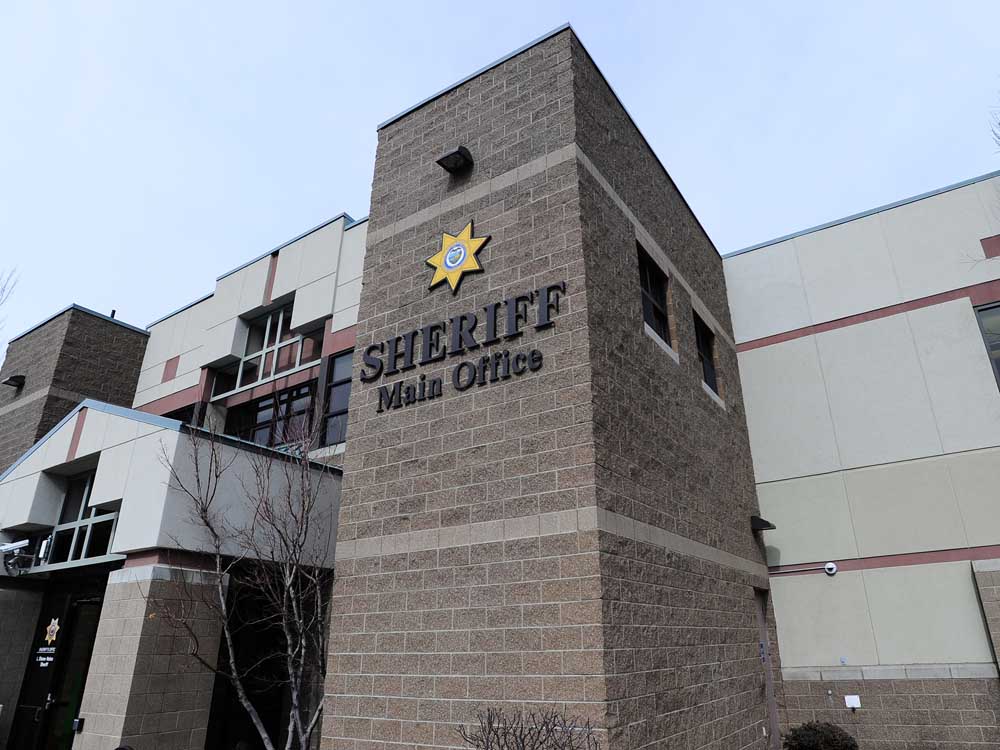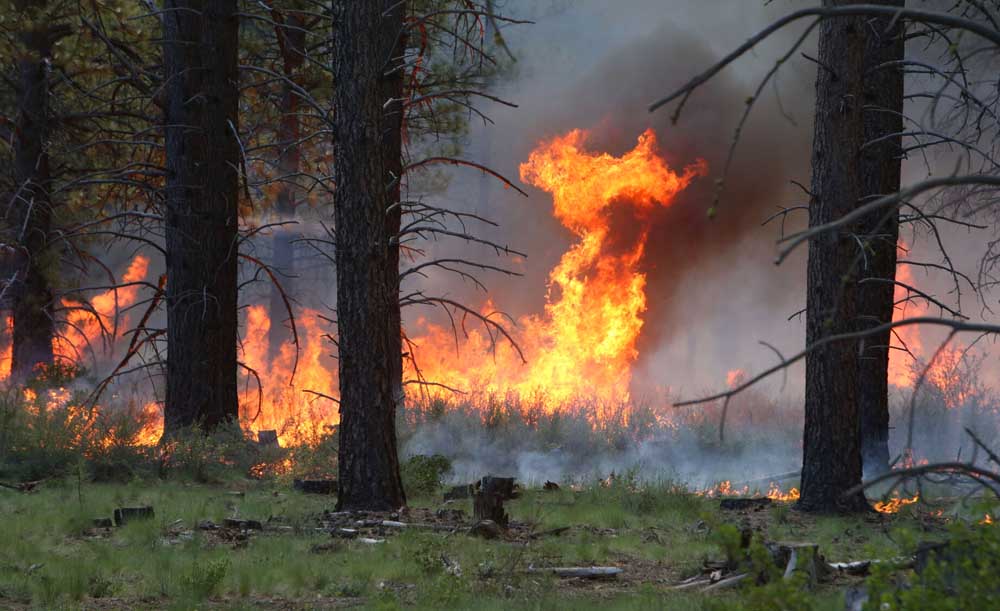Road race of the Superwomen
Published 12:00 am Sunday, July 8, 2018

- The race organizer Joe Dinoto (facing away) with the field of runners in the OSRW10K in New York, June 28, 2018. The unsanctioned race, organized by the Orchard Street Runners, invites the city’s top female athletes to push their limits as they run with, into and across traffic. (Amy Lombard/The New York Times)
NEW YORK —
In a backroom temporarily labeled “athletes only” at a studio space on Ludlow Street, Joe DiNoto gave directions to an elite group of runners, and he reminded them of what they surely already knew: The race they were about to run was unsanctioned.
Trending
In other words, the streets would not be closed down, and they would be running with, into and across traffic as they tried to keep up with the pack leaders. They would line up next to one another on Hester Street, create their own route to the Williamsburg Bridge, follow a course around the Brooklyn Navy Yard, come back across the East River and finish in a sprint down Ludlow Street. Many runners had warmed up on the street before the race, and the room reeked of sweat and nervous energy.
“Be safe out there,” DiNoto said. “Take no unnecessary risks, because it’s not that important.” Everyone laughed nervously, and one woman blurted out what everyone else was thinking: “Yes, it is.”
New York hosts some kind of race almost every weekend, and people fly in from all over the world for global running staples like the New York City Marathon or the Brooklyn Half. The OSRW10K is something different: It is a race for competitive women runners, and only the top athletes in the city were invited to push their limits on this muggy summer evening. The race is organized by Orchard Street Runners, a coed running group that DiNoto started in 2011. Here, there are no dads toeing the start line pushing strollers, no goody bags and no water breaks.
The top racers are tanned and freckled from time spent running outside, with muscular arms and uneven tan lines. The field includes Jeanne Mack, who crossed the finish line at the last New York City Marathon with a time of 2 hours, 45 minutes, 20 seconds. Mack was the 24th woman to finish the race overall and the 10th American woman, despite not starting in the same field as the elite runners. Caitlin Phillips, wearing bib No. 1, is a two-time Olympic trials qualifier who won last year’s OSRW10K.
In recent years, a few clubs have formed in the city with the aim to provide outlets for post-collegiate, competitive athletes who are not paid professionals, but who train and compete at a level far above your average runner. After two supposedly “non-elite” women placed second and fifth in the Boston Marathon in April, more people are becoming aware that these amateur racers are not so far away from the professionals.
Larger races organized by groups like New York Road Runners may have the appeal of giving runners the chance to run alongside global names like Mary Keitany or Desiree Linden. But with thousands of competitors in the field, a fast runner can still feel corralled. The vibe at the Orchard Street race is miles away from that. “It’s so different from any other race,” Mack said. “The fact that it’s a smaller field allows them to treat it with a lot more attention. It’s more of a community-driven race, where there is a lot of attention paid to each runner.”
Trending
For the 22 women competing in this year’s race, there are no pink T-shirts, and there are no banners of women’s empowerment. And that is part of the appeal. A few runners mentioned that they recently participated in the New York Road Runners’ Mini 10K race in Central Park, a women-only race started in 1972 that was named for the miniskirt; some runners this year competed in running miniskirts or oversize tulle skirts.
Joanna Kadieva, 25, is a member of the Brooklyn Track Club, and she ran the Mini 10K in early June. “I was a little annoyed that when we did the women’s 10K, they gave us a pink flower at the end, a carnation. I didn’t really understand that. Like, why are you giving me this?”
For the incredible number of hours that these women put into training and racing, and for the amount of money spent on gear, this seems like a chance to show what they can do, among people who understand and respect them for the top-level athletes they are.
Mack claimed her spot at the head of the pack on the first bridge, taking first place with a time of 35:18, almost a full minute ahead of the second-place finisher. She also won a prize of $100, but the real reward was the bragging rights.
One after another, the runners crossed the finish line, face flushed, hair damp with sweat, breathing hard and staggering to a stop. There were no medals for participation. But there was cheering and yelling and camera shutters going mad and a surprising number of tiny cheer-specific cowbells. Afterward, they stood around, joking and exchanging phone numbers and Instagram handles. They wanted to run together a few more times before they came back and raced again next year.








